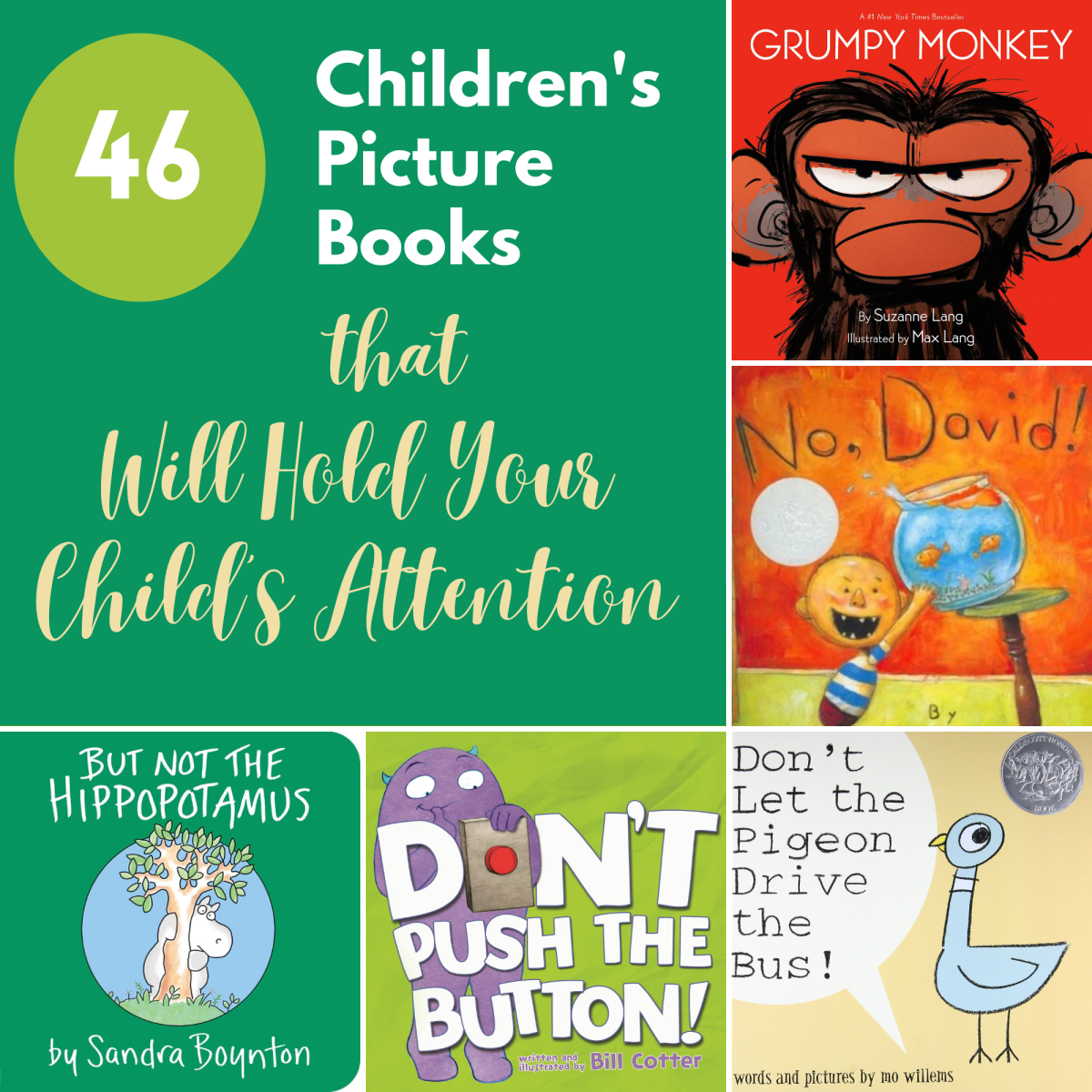What Does My Book's Amazon Ranking Mean? A Look by Sky Warrior Books
I swear, if I had a dollar bill for every time an author asked me something about their Amazon rankings I'd be a millionaire by now. I've seen and heard the wildest guesses on the Internet, many of them completely wrong. These wild guesses are extremely harmful to both the authors and publishers which is why I'm actually writing this article.

What Are the Amazon Bestselling Ranks?
Before I expound on what the Amazon bestselling ranks mean in terms of sales, I need to first explain to you what the Amazon rankings are to begin with. The Amazon bestsellers rank is an indication of how every item on Amazon is selling. The lower the number is, the better the item is doing. New authors are constantly looking at their sales ranks because the sales ranks are updated hourly. Amazon has subcategories that rank how the book is doing against others in its genre. For example, you can look at books in science fiction and fantasy, books in fantasy, and then, books in epic fantasy. Each book will have a different number depending upon how fine of a granularity you wish to use. For example, a hypothetical book could rank 795 in science fiction and fantasy, 95 in fantasy, and 35 in epic fantasy.

How the Amazon Bestselling Ranks Work in Terms of Sales
New authors often live or die by their Amazon ranks — just ask them. The moment a new author sees a wiggle in either direction, they're elated or crestfallen. And then they try to come up with some sort of formula that will tell them precisely how the book is doing. The reality, however, isn't so neat.
Amazon guards the secret of their bestselling rankings judiciously. They really don't explain the type of algorithm they use, much to the chagrin of authors. Even us publishers looked at the numbers and scratch our heads. They are not necessarily in line with sales — assuming there are even sales occurring. So, when looking at the Amazon sales ranks, it doesn't mean that your book has sold if it dropped in number, nor does it mean that your book is doing poorly because the number has risen. What it means is that compared to all other books and whatever else Amazon sells, your book is in the X place when compared to other items for sale. That means that if someone buys a ton of widgets from Amazon, it's likely to bump your book if your book has not sold in the past hour.

My Experience with Amazon
When my book, Prophecy of Swords, hit the Amazon bestselling fantasy list, I could actually see some really amazing things go on. The book, itself, was hitting somewhere between 1000 and 10,000 and was selling really well. I think the book sold about 200 to 500 copies a month, if I remember correctly.
When a book is in the 100,000s to 900,000s, it usually is there because of the prior sales. This, again, includes used books and books sold by other retailers that use the POD or Print on Demand technology and do not have copies of the books on-hand. In other words, the books aren't sold until someone buys them.
Once a book sells, you'll see an amazing jump -- sometimes down to the 100,000s level. Then, if no more sales occur, the next day, you'll see the book in the 200,000s, then the 300,000s the next day, and so on. If the book sells again, the whole process starts over. It does NOT mean that if your book has hit 250,000, you've just sold three books, or five books, or whatever. It just means at some time recently, you've sold at least one book.
When your book goes below 100,000, you're selling books. How many per day? No clue. Ask me, if I'm you're publisher. Because Amazon has daily reports now, I can get that information for the e-books, but not for the print books. I can give you a figure for your own book, but not a good idea of whether X number means you've sold X books.

Amazon Rankings
What was the lowest number you've seen on your Amazon books?
Bookscan
If you're an author on Amazon and have an Author Central page, you have access to Bookscan, the system most publishers have to find out how their paperback books are selling. But Bookscan isn't reliable either--I discovered this when a publisher was interested in a book of mine and the numbers were nowhere near what the book actually sold. (I was able to provide statements as proof.) But, it at least gives you an idea how your books might be doing, dead-tree-wise.

Another Interesting Take
Angela Hoy, of Writer's Weekly, offered this article on book sales and Amazon. It's one of the most cogent articles I've read on the subject, and yet, even her sources are remarkably optimistic when it comes to estimating sales versus the Amazon sales rank. My experience is fewer books are sold, no doubt because the numbers fluctuate so much. Check out her article.
Amazon Sales Rank
So, What's the Bottom Line on All This?
I wish I had a definitive bottom line for the Amazon Sales Rank. It'd make my life so much easier if I did, but I don't. As I said, no one knows Amazon's algorithms and those that claim they do who are not part of Amazon are damn liars. Almost everyone around can make educated guesses (like I did above) but honestly? You'd be better spending your money on a fortune teller with a cracked Ouija board.









